Working across Australia and the US over the past few years, I’ve noticed that Australian founders have a very different approach from their global peers – especially those in places like Silicon Valley and New York.
Australian startup founders can match or better their international competitors when it comes to product quality. But Australia has only a handful of real global startup success stories like Atlassian and Canva. There is the opportunity for far more global-leading tech startups to come from Australia.
One of the biggest barriers to this happening is what I call the curse of complacency.
I believe this is a function of Australia’s more “laid-back” business culture, and the cultural cringe associated with self-promotion. Perhaps it’s related to the fact Australia hasn’t experienced a recession in the past 25 years – other markets have experienced the angst of a bad economy and the reality of an uncertain future, which drives urgency.
Whatever the reasons, the outcome is that too few Australian startup founders are able to realise their global potential.
As an ecosystem, the Australian startup community needs to open its mind to bigger possibilities. We need to discover a real hunger to make our startups the best global players. Because if we don’t we’ll miss the opportunity to build on the momentum created in the last ten years. Our startups will fall further behind to the USA, Asia and Israel, and we’ll see our major industries eventually dominated by other global companies.
So now we know the risks of a culture of complacency, how can we break free of it?
Firstly, Australian founders need to realise they deserve a “seat at the table” – the right to compete in the global market. They have something that deserves to be sold abroad, and they can compete and win in markets like the US and Asia.
Secondly, we need to get past small market thinking. In Australia, it’s relatively easy to build a lifestyle business. There’s a reason we’re a global test market – our size, our internal connectivity, and our distance from other countries. However, this means that, in terms of growth, the upside is limited. Similarly, network traction is limited, so while you can build traction quickly in Australia based on personal connections, moving into new markets can often derail your approach.
The answer is for founders to shift their mindset. In Australia, you can be dominant and part of the few, but globally this isn’t the case. Much more can be achieved by collaboration rather than striving in your own corner.
Australian startups need to be more open to collaborating with other startups and corporates, working with venture capital firms and come to the understanding that there can’t just be one winner, especially in the enterprise space
Founders also need to have laser-like focus on being global from day one – if it doesn’t impact your global industry then rethink whether it makes sense to build to take it on. The key decisions need to be made under the lens of “will this help us reach and satisfy our customers faster.”
Critical questions also need to be asked of the business: Are you delivering your product the right way to your customers? Are you demonstrating to them that you understand and building a product for their market? How well do you know the competitive set? Test and re-test your product interface, pricing, support structures and business model before entering the new market, don’t assume even with the USA that the playbook used in Australia will work in other markets
Australian startups have a huge opportunity at their feet but need to shift their focus in order to truly reap the rewards. Australian founders who confidently take a seat at the table, build a global business from day one and collaborate within the ecosystem have the potential to break through in a meaningful way.
Remo Carbone is a cofounder of South Australian-based agtech betaworks Availer, which builds startups by commercialising research and next-gen technology. He spends his time between New York and Adelaide, where he helps Australian startups break into the US market.











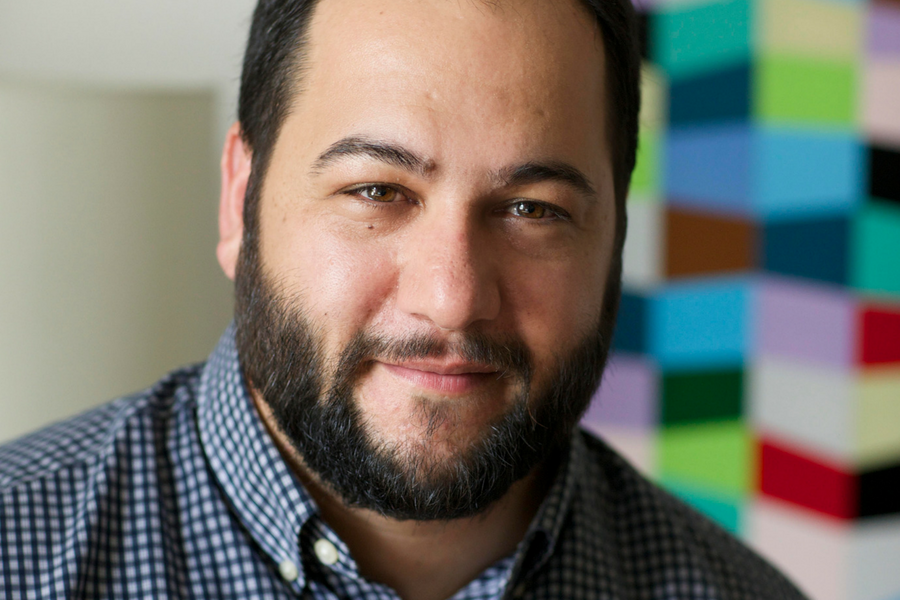


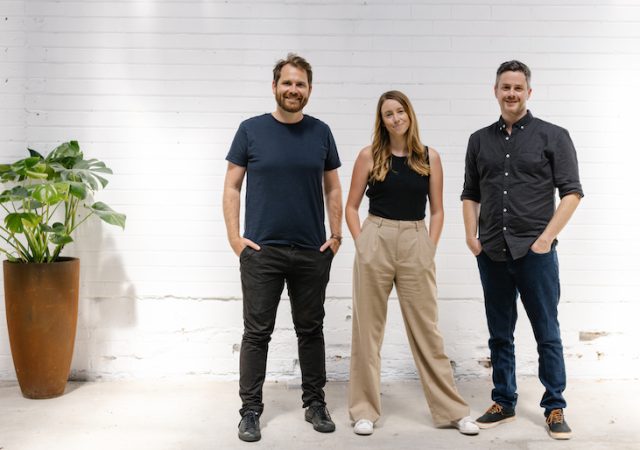
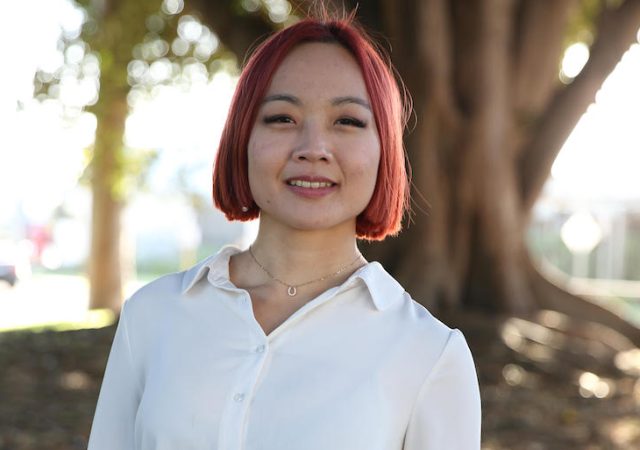
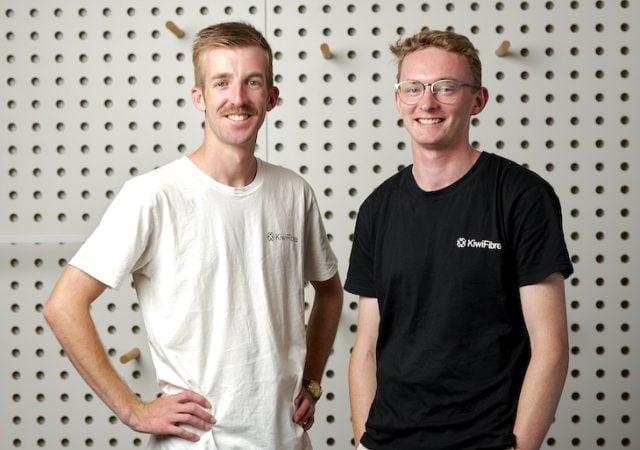
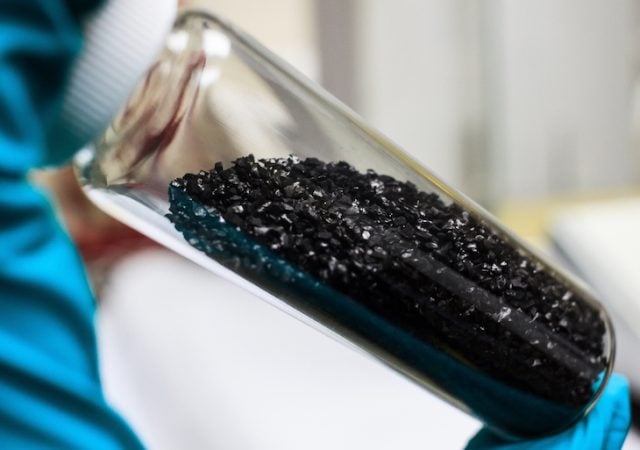
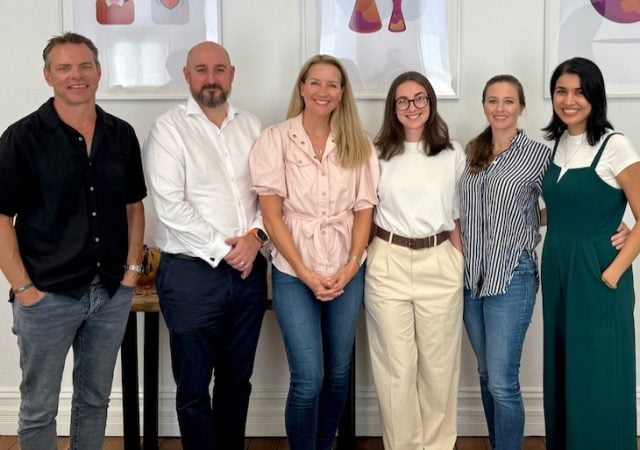
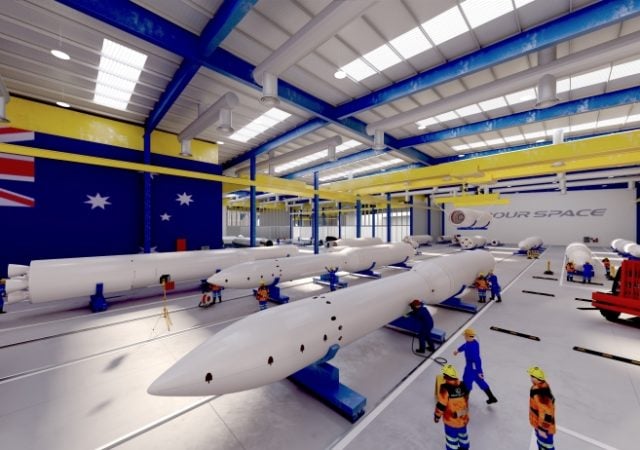
Trending
Daily startup news and insights, delivered to your inbox.